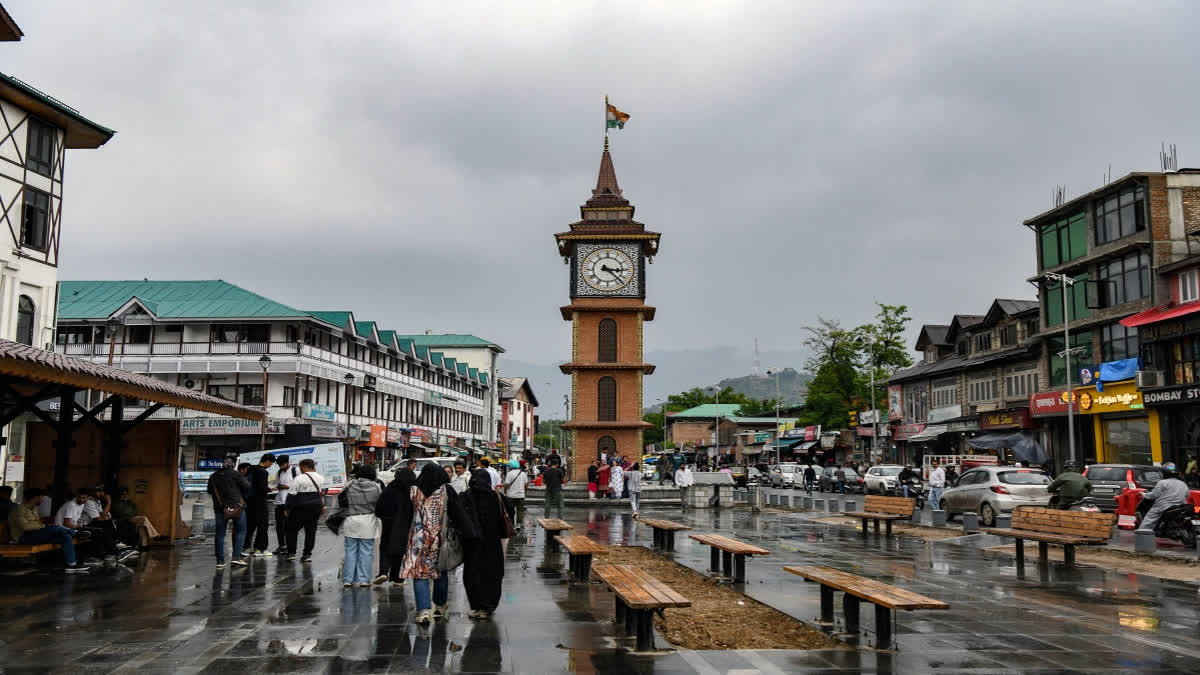New Delhi:October 26 marks a significant day in the history of Jammu and Kashmir, as it commemorates the Accession Day of the region to the Indian Union in 1947. This year, the observance of Jammu and Kashmir Accession Day has gained renewed importance as the people of the region reflect on their history, identity, and journey toward integration and development.
Celebrations across Jammu and Kashmir will focus on themes of unity, peace, and progress, encapsulating the spirit of togetherness that defines the region’s diverse culture.
Historical Context
The Accession Day commemorates the momentous event that transpired on October 26, 1947, when Maharaja Hari Singh, the then ruler of Jammu and Kashmir, signed the Instrument of Accession. This was a crucial step as it allowed Jammu and Kashmir to join the Indian Union amid the turmoil and conflict following the partition of India. The region, which had a distinct cultural and political landscape, faced an existential crisis as tribal invaders from Pakistan threatened its sovereignty.
Faced with the dire situation, the Maharaja sought military assistance from India and, in return, agreed to accede to India. This pivotal decision not only altered the political trajectory of Jammu and Kashmir but also laid the foundation for a complex and nuanced relationship between the state and the Indian government.
Significance of Accession Day
Accession Day is not merely a historical event; it holds immense significance for the people of the Union Territory. It serves as a reminder of their struggles and aspirations for peace, stability, and development. The day is marked by various activities, including flag hoisting, cultural programs, and discussions focusing on the region’s future.
The celebrations aim to reinforce the message of unity among the diverse communities that inhabit Jammu and Kashmir. Leaders and citizens alike emphasise the need for collaborative efforts to foster economic development, improve infrastructure, and promote social harmony. The observance of this day is seen as a commitment to preserving the region’s rich cultural heritage while embracing the benefits of being part of the Indian Union.
